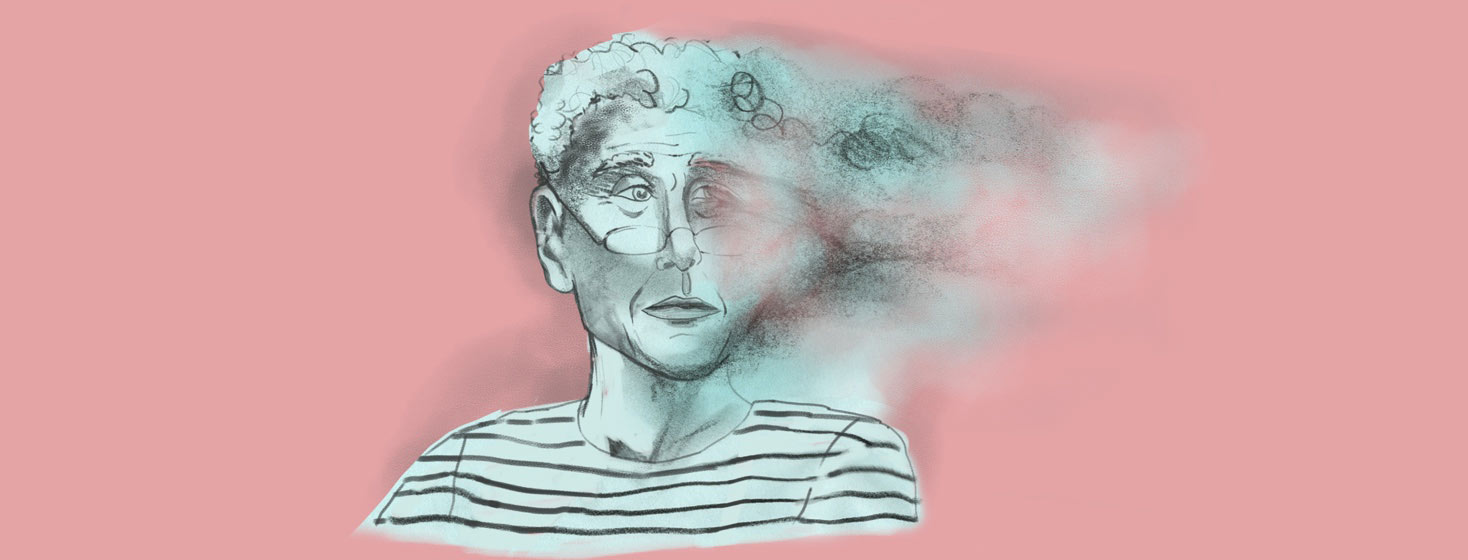Ask the Advocate: Diagnosis and Grief
Life looks different after a myasthenia gravis (MG) diagnosis. It may take some time to process these changes. While everyone responds differently, grief is a natural reaction and can even be helpful in adjusting to your new diagnosis.
To learn more about grief, we asked our advocates, "Did you experience grief after a diagnosis? How did you cope?" Here's what they had to say:
Loss of self
"I most definitely experienced grief after my diagnosis with MG. I’m not going to sugarcoat it – it was rough. At first, I was vindicated. Not having a diagnosis for so long and then finally putting a name to my real experience was an answer to my prayers.
But then came the stages of grief. Not in any particular order, but I had to grieve the loss of my old self; the Meridith that once was, that once could, that once might be.
Those are scary thoughts as a teenager, but that’s what chronic illness does. It puts this unwelcome burden on you no matter what age you are, and you have to learn to adapt. It wasn’t easy, but I leaned on my family and talk therapy to help me process the diagnosis." – Meridith O'Connor
Mourning future plans
"I think that after the initial diagnosis of myasthenia gravis, I was in denial and in shock. I didn’t experience grief until months later and even years after being diagnosed, I still experience that same grief. The grief comes from missing the person I used to be.
So much changes when you are diagnosed with an incurable disease. The things you’re able to do change day to day. I miss being able to participate in the things I’m not able to do now. I miss living more carefree without having to carefully consider my illness with every decision the way I do now.
I also go through periods of mourning the person I thought I’d be. Most of us envision what our lives will look like when we get older. I know personally that I imagined exactly who I thought I’d be as a wife and a mom.
Being sick has changed a lot of that image for me and because of that, I grieve those dreams. I grieve those plans and expectations. I grieve for my children and my husband who I feel deserve a healthy wife and mom. The grief comes and goes just like our symptoms." – Mallory San Nicolas
Letting go of hobbies
"The first 2 years of my diagnosis have been the most challenging years of my life. I went from a healthy and busy mom to someone who couldn't even get out of bed. I had to let go of my career and my hobbies – the things that brought me joy and meaning.
I remember the day when I realized I did not have enough strength to sing and hold a note on pitch. Up to that point, I always imagined that singing would be a part of my life. I sang on my church's worship team and recorded my own original songs as well. Not being able to sing crushed my heart. It felt like everything I put my worth in was slipping away. I was confused, heartbroken, and depressed.
It was difficult to find hope, not knowing what the future would hold. I tried to cope by finding little things that brought me joy. I started researching ways to help my body heal. I tried to bake when I had the energy. Each day I tried to find 1 thing to look forward to.
Eventually, my health stabilized with the right treatment and I've been able to carry on with my life. Whenever I worry about what the future may hold, I stop and remember all that I have been through and tell myself everything will be okay." – Jessica Liao

Join the conversation